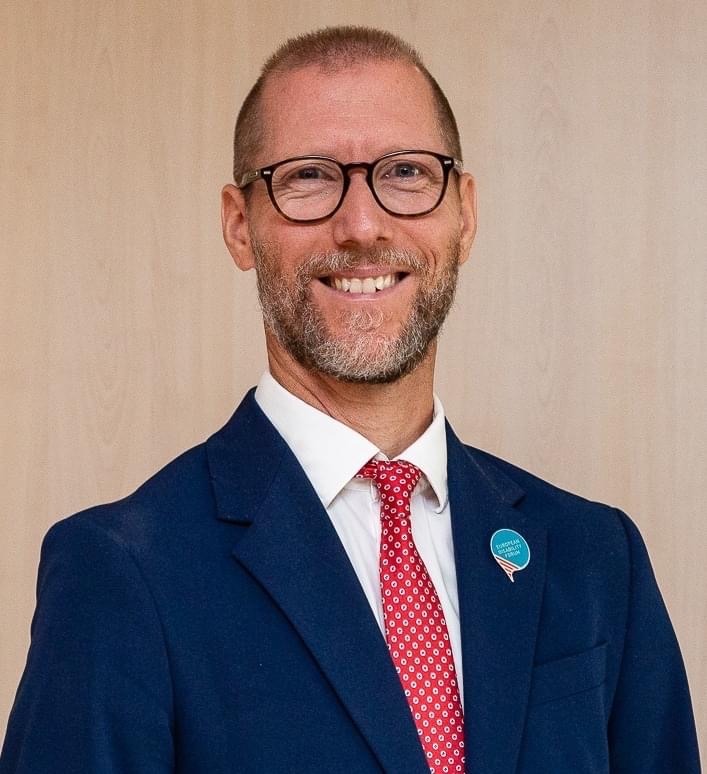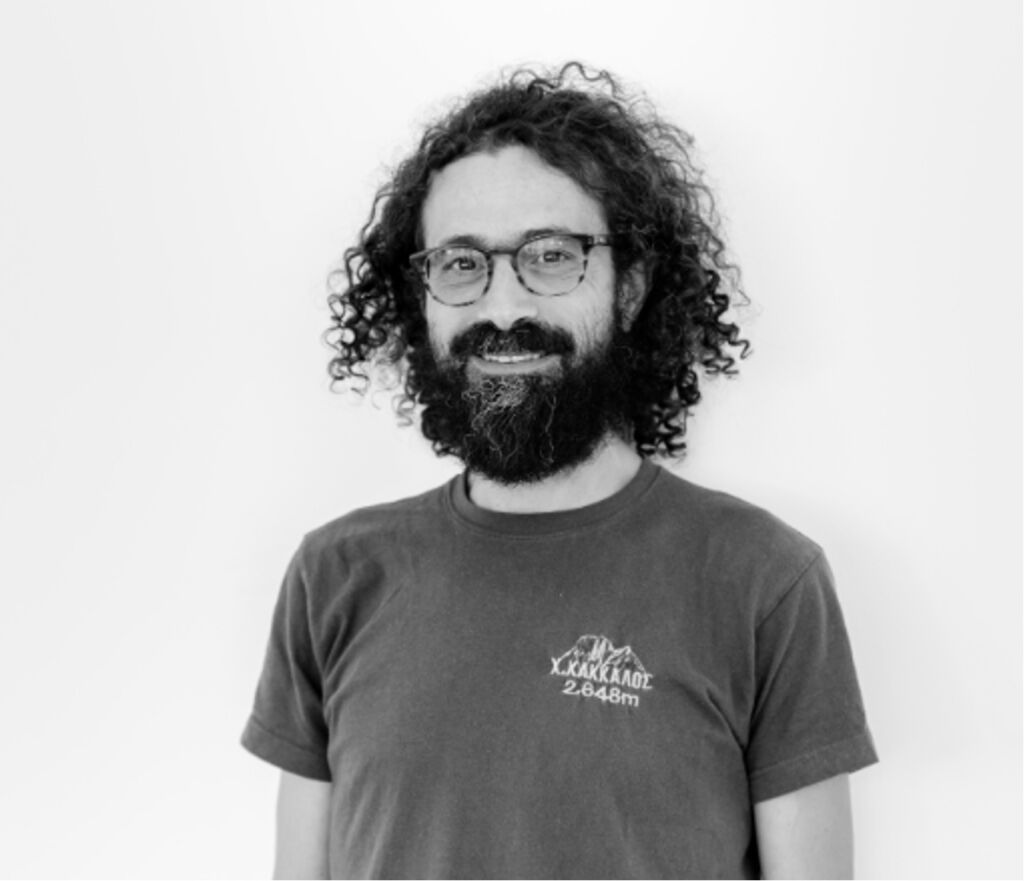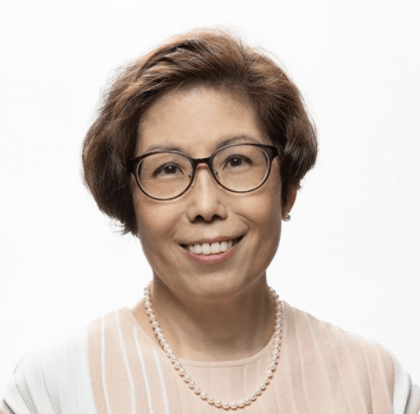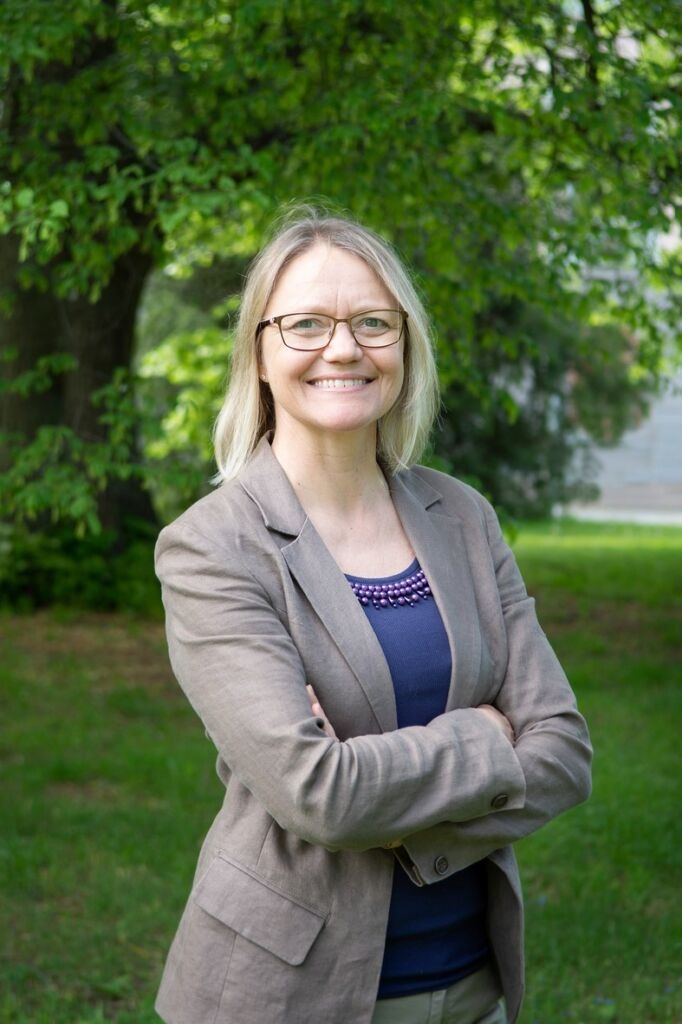The EASIER Advisory Board is made up of deaf and hearing experts from the fields of sign language linguistics and public policy on deafness. By providing unique knowledge, critical thinking, and analysis, the Advisory Board helps to monitor and advance the project so that it achieves its ambitious objectives. The Advisory Board was established in the second year of the project and consists of four members who provide advice to the project consortium on its technical and operative direction, the relevance of project results to policy and academia, in addition to facilitating exploitation strategies.
All EASIER Advisory Board members have been appointed by the Project Management Board based on their strong expertise and background in the field.

Executive Committee Member, European Disability Forum
Humberto is an academic, politician, and advocate for the deaf. He serves on the European Disability Forum Board of Directors and its Executive Committee. He is a focal point of the European Disability Forum ICT email expert group, its Human Rights and Non-Discrimination Committee member, and its Youth Committee substitute.
Johanna Mesch is Professor of Sign language at the Sign Language Section of the Department of Linguistics at Stockholm University, Sweden. She holds a PhD in sign language linguistics 1998. The dissertation investigated how turn-taking takes place in so-called four-handed or tactile signing. She discovered that for quick interaction, deaf-blind people would turn to a pattern with a sending hand and a receiving hand, to quickly switch ‘speaking’ turns. The study initiated new interest in deaf-blind interaction and has clearly led to a ‘linguistic turn’ in the approach of deaf-blind communication. In the last 20 years, her research work has focused on the sign language linguistics and the corpora in Swedish Sign Language, incl. the learner corpus and the tactile sign language corpus.

Chief Science Officer and Founder at Deeplab
Dr. Vassilis Pitsikalis is a founder, and Chief Science Officer at deeplab.ai. Deeplab works on challenging projects conducting state-of-the-art deep-learning industrial/basic research. He is also an external collaborator with the CVSP at the National Tech. Univ. of Athens (NTUA), and has worked in EU projects with Athena RC/ILSP, ICCS. He got the Eng. Diploma (2001), Ph.D (2007) at NTUA, serving on R&D/management, M. Eng./PhD students’ supervision, EU proposals. His background combines engineering in signal/speech, language processing, computer vision, and machine learning with interests in HCI, ML for multisensory/modal models in assistive technologies (speech, language, sign language, action/gesture). Since 2017, at deeplab.ai has worked in 1) personalization systems with diverse modalities; 2) computer vision/language; 3) transfer learning; 4) bioinformatics as virtual screening in drug discovery, multi-omics/target identification, personalized medicine in cancer research. At deeplab he integrates together with bright researchers/engineers across multiple teams, basic research with industrial expertise in large scale end-to-end ML pipelines, ideation, applied large scale experimentation, testing and production. He has >15 years experience in EU funded projects (9 EU, 7 GR), and >50 publications in peer-reviewed venues/journals. Notable research is in 1) sign language and the DictaSign project, during which they proposed a novel approach that combines ideas of linguistic SL modeling with sub-sign models; he also got in parallel the certification on Greek Sign Language (GSL), Hellenic Deaf Fed. 2) the MOBOT EU project in multimodal human-computer interaction for the elderly. In Deeplab he co-directs with Dr. S. Theodorakis, manages, and contributes to the R&D of a successful self-funded team of ~15-20 people (R&D trainees, researchers, machine learning and software engineers), working with int’l partners in the academia, pharma/deeptech industries. Recent highlights are novel self-funded projects on 1) brain computer interfaces (BCI) for emotion and motor imagery and 2) virtual screening/drug discovery in an int’l challenge which ranked deeplab within the top-20 teams.

Professor, Department of Linguistics and Modern Languages, The Chinese University of Hong Kong
Gladys Tang graduated with a PhD degree in Applied Linguistics from the University of Edinburgh and began her academic career at the Department of English of The Chinese University of Hong Kong in 1989. While engaging herself with research on second language acquisition and classroom processes, she had an opportunity to learn about sign linguistics research and was intrigued by how linguistics theories can account for sign language grammar. She began her research on Hong Kong Sign Language by documenting the signs in Hong Kong Sign Language: A Trilingual Dictionary with Linguistic Descriptions. This publication in 2007 laid the foundation for constructing the Asian SignBank (http://cslds.org/asiansignbank/). She receives grants and donations for her research and community outreach projects., and publishes widely about the linguistics of Hong Kong Sign Language, language acquisition of deaf children and deaf education. Currently, she is a member of the editorial boards of Sign Language Studies, Deafness and Education International and Glossa, a reviewer for international grant councils and an advisor to a few sign linguistics research projects and deaf education programmes.
In 2003, she established Asia’s first Centre for Sign Linguistics and Deaf Studies. The first flagship programme of the Centre was The Asia Pacific Sign Linguistics Research and Training (APSL) Programme (http://www.cslds.org/apsl/), which aims to support Asian universities in establishing disciplinary research and study in sign linguistics. In 2004, she was invited by the university to establish the Department of Linguistics and Modern Languages and created HK’s first BA programme in Linguistics. In 2006, she established an innovative education programme to benefit both deaf and hearing children – Sign Bilingualism and Co-enrollment (SLCO) in Education. SLCO education has been replicated in many countries in the world.


